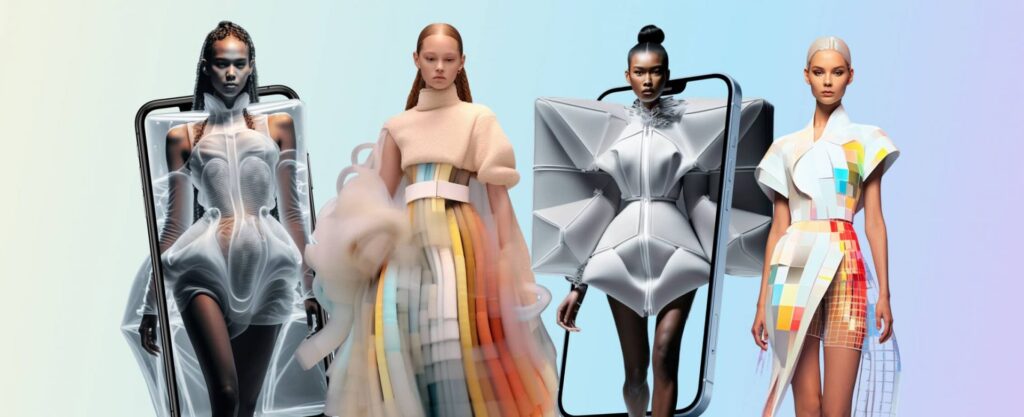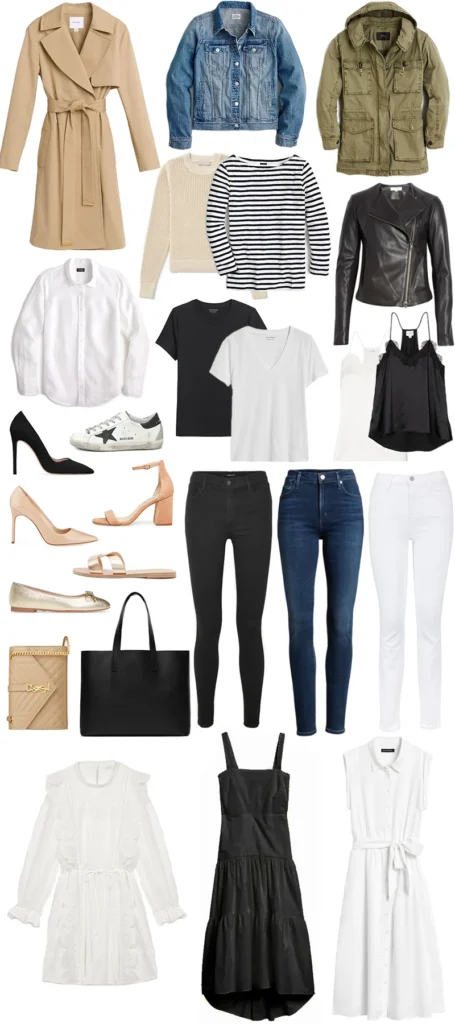Artificial Intelligence (AI) is transforming various industries, and fashion is no exception. From design to production, AI is reshaping how fashion brands operate and engage with consumers. This article explores the significant ways AI is revolutionizing the fashion industry.
AI-Driven Design Tools
AI-driven design tools are becoming essential in the fashion industry, allowing designers to create innovative and unique pieces with greater efficiency. These tools utilize algorithms to analyze trends, consumer preferences, and historical data, enabling designers to make informed decisions. By leveraging AI, designers can experiment with various styles and patterns, leading to more creative outcomes.
Moreover, AI tools can generate design suggestions based on user input, streamlining the creative process. This not only saves time but also enhances collaboration among design teams. As a result, fashion brands can respond more quickly to market demands, ensuring they stay ahead of the competition.
Predictive Analytics for Trend Forecasting
Predictive analytics powered by AI is revolutionizing trend forecasting in the fashion industry. By analyzing vast amounts of data from social media, online searches, and sales patterns, AI can identify emerging trends before they become mainstream. This allows brands to align their collections with consumer interests, ultimately driving sales and reducing unsold inventory.
Fashion companies can utilize these insights to create targeted marketing campaigns and product lines that resonate with their audience. As a result, predictive analytics not only enhances the design process but also contributes to more sustainable practices by minimizing waste.
Personalization and Customization
AI is enabling a new era of personalization and customization in fashion. By analyzing customer data, AI can provide tailored recommendations, enhancing the shopping experience. Brands can offer personalized product suggestions based on individual preferences, purchase history, and browsing behavior.
This level of customization extends to made-to-order clothing, where AI algorithms can help create unique pieces that cater to specific customer needs. As consumers increasingly seek individuality in their fashion choices, AI-driven personalization is becoming a crucial differentiator for brands.
Virtual Fashion and Digital Twins
The rise of virtual fashion and digital twins is another exciting development in the industry. AI technology allows designers to create digital representations of clothing, enabling virtual try-ons and reducing the need for physical samples. This not only saves resources but also enhances the consumer experience by allowing customers to visualize how garments will look on them.
Digital twins can also be used for product development, allowing brands to test designs in a virtual environment before production. This innovative approach streamlines the design process and reduces the environmental impact associated with traditional fashion production methods.
Supply Chain Optimization
AI is playing a pivotal role in optimizing supply chains within the fashion industry. By analyzing data from various sources, AI can predict demand, manage inventory levels, and streamline logistics. This leads to more efficient operations and reduced costs for fashion brands.
Furthermore, AI can enhance transparency in the supply chain, allowing brands to track the origin of materials and ensure ethical sourcing. As consumers become more conscious of sustainability, AI-driven supply chain optimization is essential for brands looking to maintain a competitive edge.
Enhanced Customer Experience
AI is significantly enhancing the customer experience in the fashion industry. Chatbots and virtual assistants powered by AI can provide instant support, answering customer inquiries and assisting with purchases. This level of accessibility improves customer satisfaction and fosters brand loyalty.
Additionally, AI can analyze customer feedback and reviews to identify areas for improvement. By understanding consumer sentiments, brands can make data-driven decisions that enhance their offerings and overall shopping experience.
Sustainability and Ethical Fashion
AI is contributing to sustainability efforts in the fashion industry by promoting ethical practices and reducing waste. By optimizing production processes and predicting demand, AI helps brands minimize overproduction and excess inventory. This is crucial in an industry often criticized for its environmental impact.
Moreover, AI can assist in sourcing sustainable materials and ensuring ethical labor practices throughout the supply chain. As consumers increasingly prioritize sustainability, AI-driven initiatives are becoming essential for brands aiming to align with these values.
The Future of AI in Fashion
The future of AI in fashion is promising, with ongoing advancements expected to further revolutionize the industry. As technology continues to evolve, we can anticipate even more sophisticated AI applications
| Aspect | Description |
|---|---|
| Design Innovation | AI algorithms analyze trends and consumer preferences to create unique designs, enabling designers to push creative boundaries. |
| Personalization | AI enables brands to offer personalized shopping experiences by analyzing customer data and suggesting tailored products. |
| Supply Chain Optimization | AI enhances supply chain efficiency by predicting demand, managing inventory, and reducing waste through data analysis. |
| Virtual Try-Ons | Augmented reality (AR) and AI technologies allow customers to virtually try on clothes, improving the online shopping experience. |
| Trend Forecasting | AI tools analyze social media and fashion shows to predict upcoming trends, helping brands stay ahead in the competitive market. |
| Fabric and Material Innovation | AI assists in developing new fabrics and materials by simulating their properties and performance, leading to sustainable options. |
| Customer Insights | AI analyzes customer feedback and behavior to provide insights that inform design decisions and marketing strategies. |
| Cost Reduction | By automating various processes, AI reduces labor costs and increases efficiency, allowing brands to allocate resources more effectively. |




